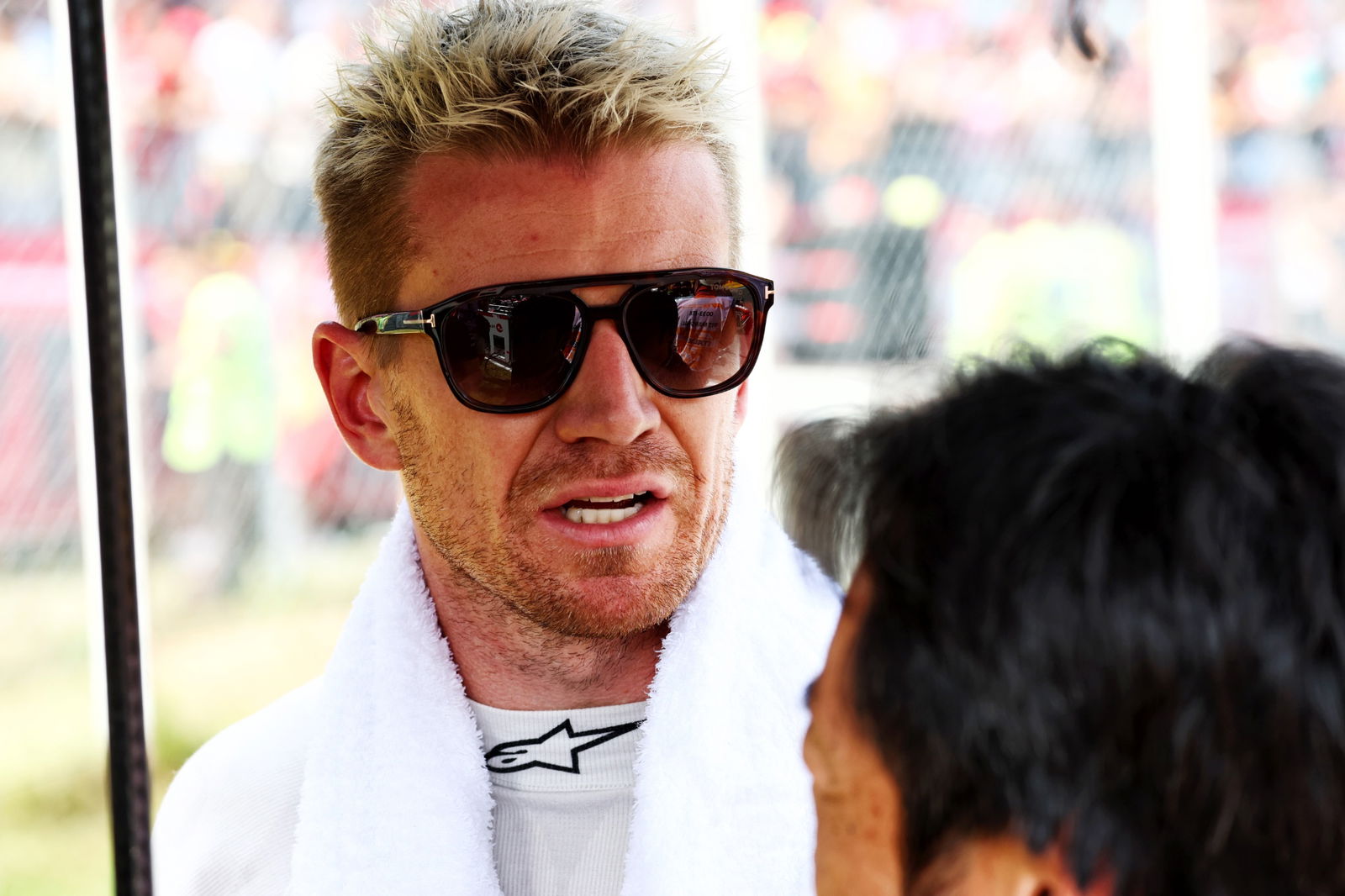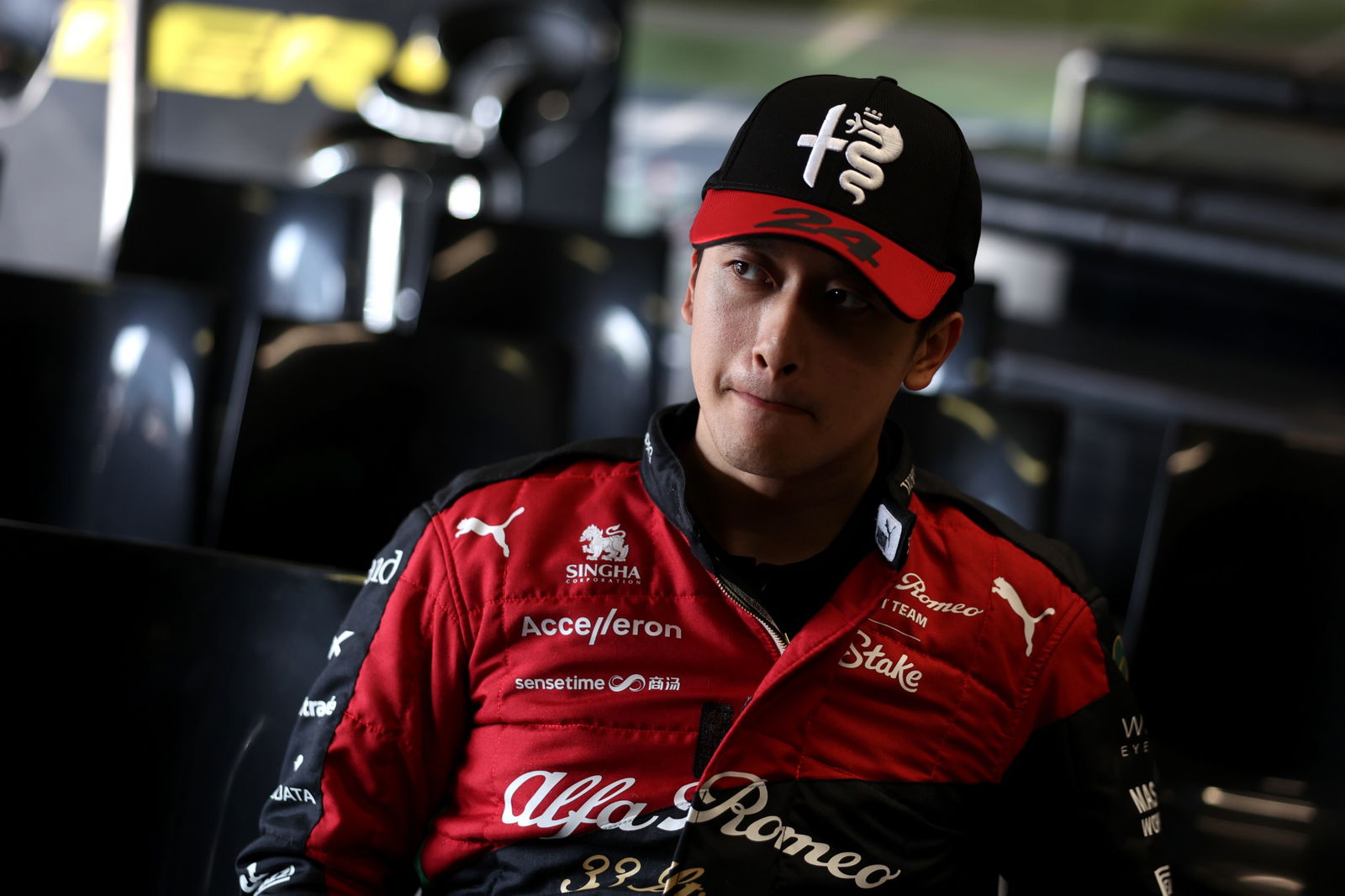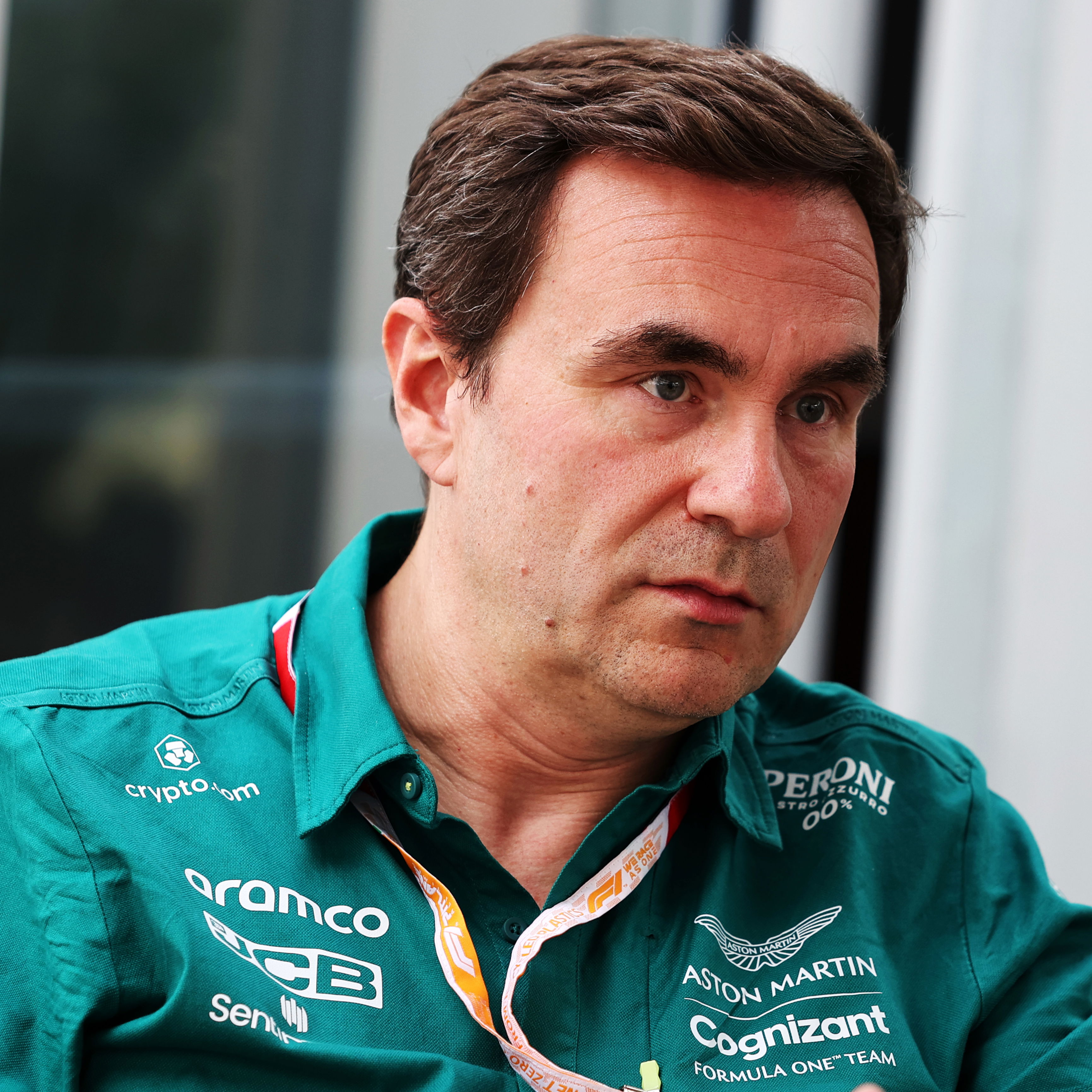Red Bull and Mercedes rumoured to be hurt by FIA directive as F1 braced for flexi-wing saga in Singapore

Mercedes’ rear-wing performance could be negatively affected by the FIA’s intervention, while Red Bull’s underbody is also rumoured to be impacted, as per Germany’s Auto Motor und Sport.
A separate report on Formu1a.uno also claims that Red Bull and Mercedes are “two names” which “consistently appear” in relation to the new ruling.
An anonymous F1 team boss told the Italian publication that “many teams will have to make changes” as a result of the new technical directive which comes into force from this weekend’s Singapore Grand Prix.
What is the technical directive?
F1’s governing body the FIA is clamping down on flexi-wings through the introduction of TD018.
Teams will face greater scrutiny in Singapore and beyond as the FIA takes a tougher stance on the design of front and rear wings to stop competitors from playing games with flexible parts.
It comes amid concerns that teams have been hiding trick mechanisms beneath rubber coverings, something Red Bull team principal Christian Horner alluded to when he referenced seeing a “few rubbery nose boxes”.
Although no specific outfit has been targeted by the FIA’s intervention, there have been suggestions that teams have been trying to exploit the use of flexible bodywork, which is outlawed to prevent aerodynamic gains.
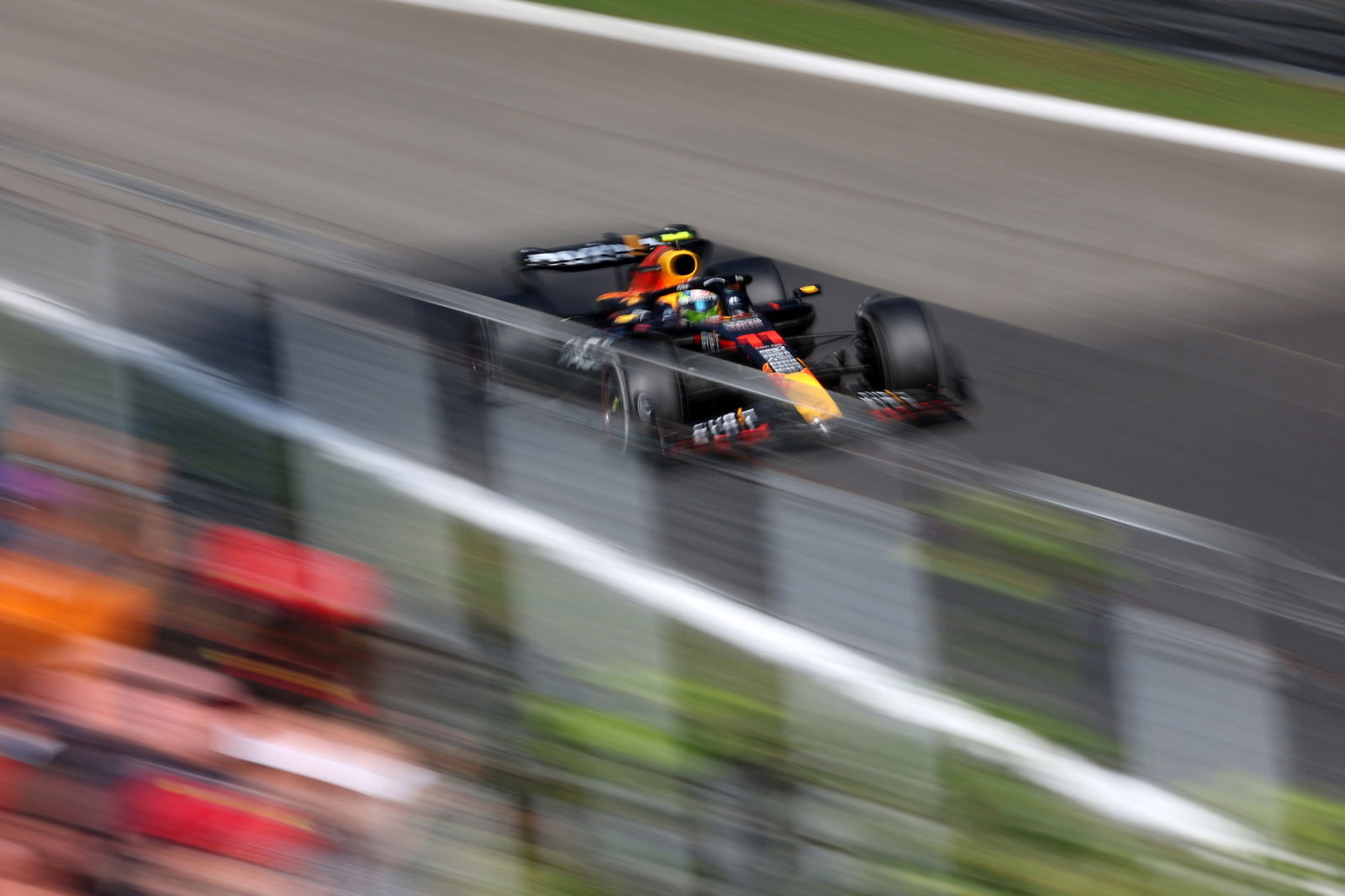
Article 3.2.2 states that: “All aerodynamic components or bodywork influencing the car’s aerodynamic performance must be rigidly secured and immobile with respect to their frame of reference defined in Article 3.3 [defining bodywork that is part of the sprung mass of the car]. Furthermore, these components must produce a uniform, solid, hard, continuous, impervious surface under all circumstances.
“Any device or construction that is designed to bridge the gap between the sprung part of the car and the ground is prohibited under all circumstances.
“With the exception of the parts necessary for the adjustment described in Article 3.10.10 [DRS], or any incidental movement due to the steering system, any car system, device or procedure which uses driver movement as a means of altering the aerodynamic characteristics of the car is prohibited.
“The aerodynamic influence of any component of the car not considered to be bodywork must be incidental to its main function. Any design which aims to maximise such an aerodynamic influence is prohibited.”
Which teams could be impacted?
As the aforementioned reports state, both Red Bull and Mercedes are rumoured to be impacted.
However, Red Bull chief Horner has already insisted that the reigning world champions will not be hindered by the TD.
“It’s not something that affects us,” Horner adamantly said at Monza.
Mercedes boss Toto Wolff also downplayed the prospect of Red Bull suddenly losing their advantage.
“If maybe a Red Bull is half a second slower or something, that would be nice, but I don’t think it will be the case,” he said.
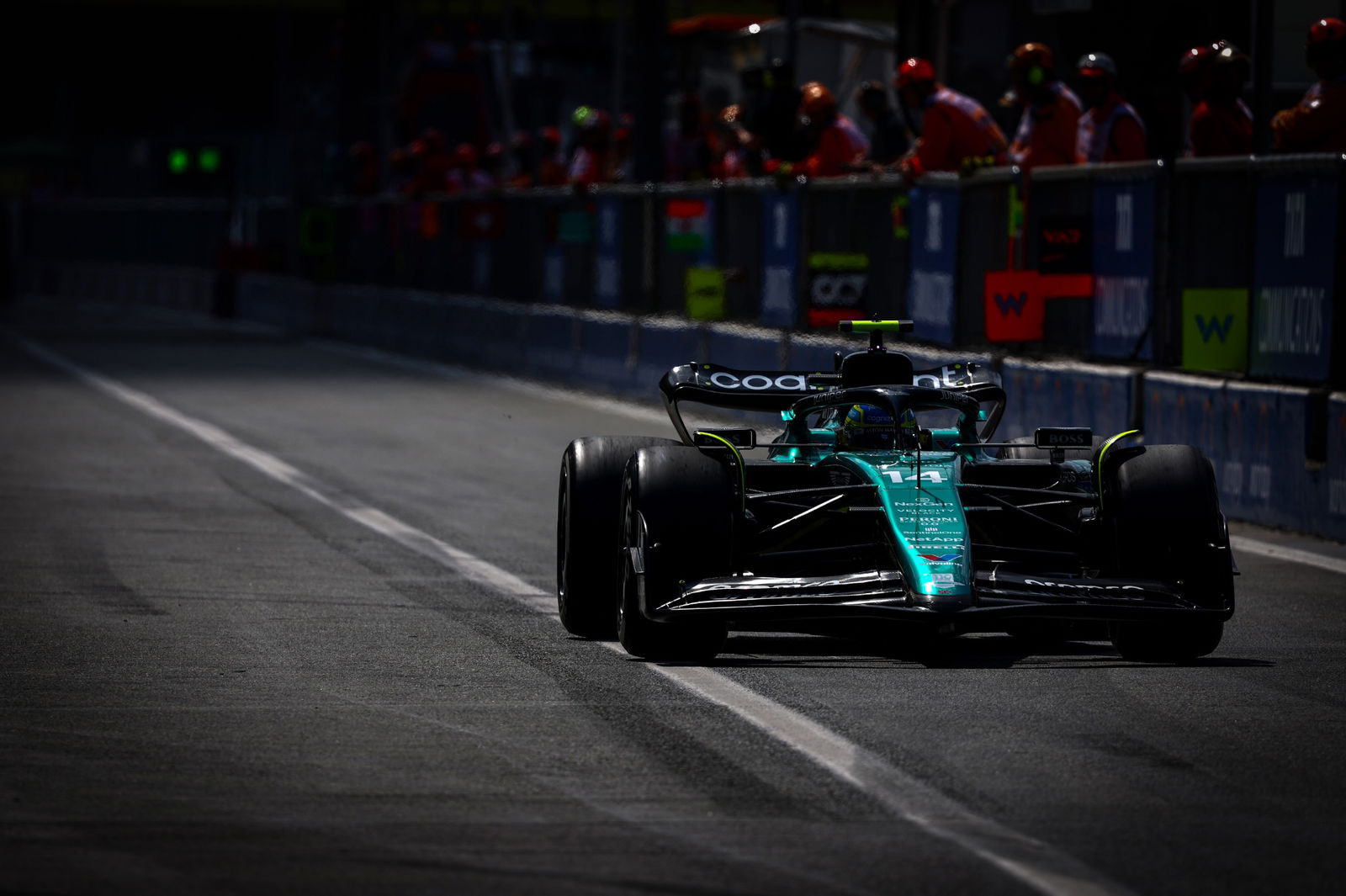
Wolff indicated that Aston Martin have already taken a step back in performance as a result of modifications.
“It’s going to be interesting, I think, with the Aston Martin, you’ve seen that they made a step backwards with the wings moving less or whatever,” he added.
“I don’t know, let’s wait and see. I don’t know who is exploiting that to more [of a] degree, not a bigger degree than others.”
Ferrari have “no secrets in this area” and are unlikely to have to make changes, according to Formu1a.uno’s report.
An engineer told AMuS that "if you have to make corrections to the underbody and as a result have to leave a little more ground clearance, you lose downforce in the worst case.
"If the front wing has twisted around the attachment point on the nose, then the complete aerodynamics was designed accordingly. If you have to put back there, you risk not only loss of downforce, but also balance problems."
